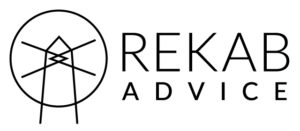Fixed costs are your fixed expenses such as your mortgage or rent, your power and gas bills, water bills, health insurance, car insurance etc. Basically, anything you are committed to pay on a regular basis and usually are under a contract of some sort. This also includes internet, phone and entertainment subscriptions such as pay TV.



